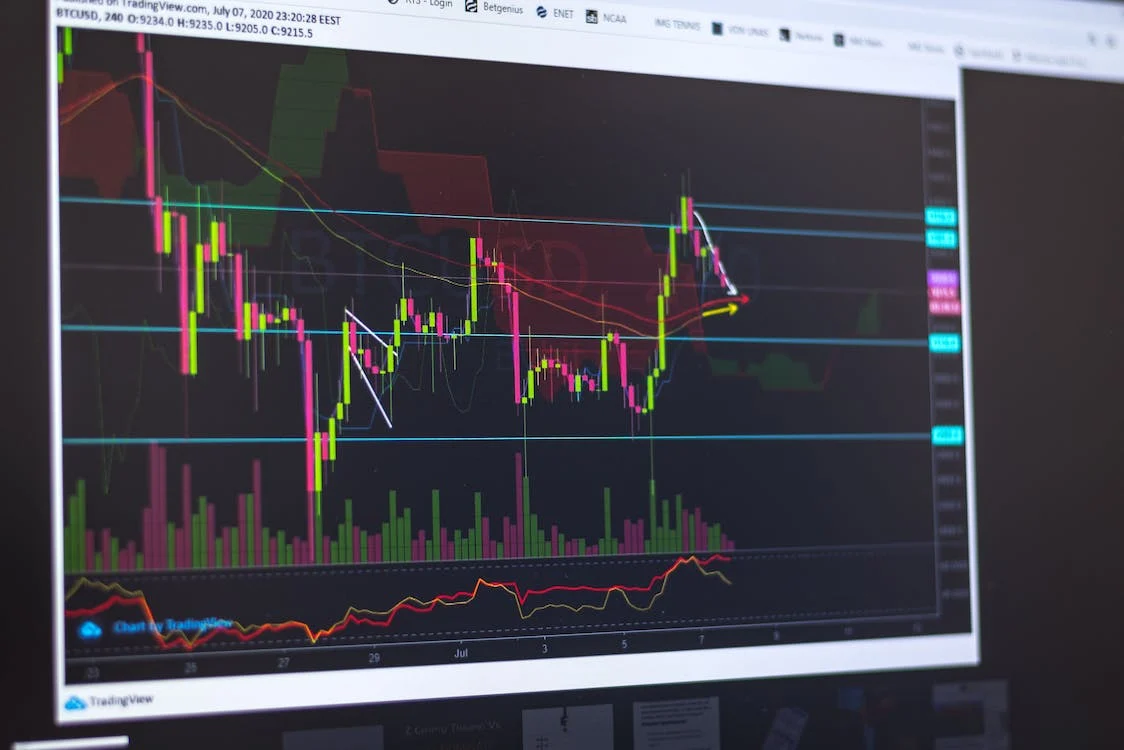Futures contracts have become increasingly popular in financial markets due to their unique characteristics and benefits. Unlike traditional stocks, they are derivative contracts that derive their value from underlying assets like stocks, bonds, stock indices, currencies, and commodities. This derivative nature opens up a world of opportunities for traders and investors, offering distinct advantages over conventional stock trading.
Enhanced Leverage for Investors
Trading futures requires posting a margin, typically around 10% of the contract value, as collateral. This margin acts as a safeguard against potential losses if the market moves against your position. The magic of it lies in its ability to provide traders with significantly more exposure to the market than traditional stock purchases. This increased leverage allows investors to multiply their potential profits if the market moves in their favor. For instance, investing $10,000 in the S&P 500 index could involve buying 25 shares of the SPDR S&P 500 ETF (SPY) at approximately $400 per share. Alternatively, one could opt for a single E-mini futures contract with a margin requirement of $10,000. If the SPY rises from $400 to $401, the investor gains $25 with traditional stock trading. However, the E-mini contract would yield a $500 gain ($50 per index point).
Liquidity That Never Sleeps
These markets are renowned for their impressive liquidity, though confusing futures trading terms can discourage potential investors from making the dive. High trading volumes, fueled by continuous buying and selling activity, ensure that market orders can be executed swiftly and efficiently. This liquidity is a boon for traders, leading to minimal price fluctuations, especially for contracts nearing maturity. Furthermore, many markets operate around the clock, allowing extended trading hours that accommodate various time zones and trading preferences.
Cost-Efficient Trading
One of the standout advantages of trading futures is its low cost. Commissions are typically minimal and are charged when closing a position. Total brokerage or commission fees typically amount to approximately 0.5% of the contract value, though specific rates can vary based on the level of service provided by the broker. While the landscape of brokerage services is evolving, with many online brokers offering free stock and ETF trading, it remains an attractive option due to its competitive pricing.
Speedy Profit Opportunities
Futures trading gives investors the potential for rapid profits thanks to its substantial leverage. With futures, traders can access exposure that is often ten times greater than that offered by traditional stocks. Moreover, prices in futures markets tend to move more swiftly compared to cash or spot markets. However, it’s important to exercise caution, as futures magnify the risk of losses. Implementing stop-loss orders is a prudent strategy to mitigate this risk, especially in fast-moving markets.
Risk Management and Diversification
Futures contracts are invaluable tools for managing and mitigating various forms of risk. Companies involved in international trade use futures to hedge against foreign exchange risk, lock in favorable interest rates for significant investments, and secure prices for essential commodities such as oil, agricultural crops, and metals. By doing so, they reduce the unforeseen costs associated with directly purchasing these assets. For example, it is more cost-effective and efficient to go long in S&P 500 futures than replicating the entire index by acquiring each stock individually.
Efficiency and Fairness
Futures markets are known for their efficiency and fairness. The nature of futures trading makes it difficult to engage in insider trading. While individual stocks may have insiders or corporate managers who can leak information to benefit friends or family in scenarios like mergers or bankruptcies, futures markets predominantly trade market aggregates that are less susceptible to insider manipulation. This contributes to a more efficient marketplace and a level playing field for average investors.
A Paper Trail for Traders
One unique aspect of futures trading is that the actual exchange or delivery of the underlying asset is a rare occurrence, happening primarily when traders use futures to hedge against rising prices and take physical delivery upon contract expiration. Futures transactions are typically paper-based, eliminating the need for tracking and storing individual stocks. Unlike stocks, which require companies to maintain shareholder records, pay dividends, and oversee shareholder votes, futures contracts demand none of these administrative burdens.
Simplified Short Selling
Short selling, a trading strategy that involves profiting from declining asset prices, is made more accessible through futures trading. Investors can establish short exposure to a stock by selling a futures contract, a practice allowed across various futures markets. In contrast, short-selling stocks involve compliance with varying regulations in different markets, some of which prohibit short sales entirely. Traditional short selling requires a margin account and borrowing shares from a broker, which can be costly or impossible when shares are scarce.
In Conclusion
Futures trading offers compelling advantages for investors of all types, whether they are speculative traders or conservative investors seeking to hedge their portfolios. However, it’s essential to approach futures trading with caution due to the substantial leverage and contract sizes involved. Even minor market fluctuations can result in significant gains or losses. Therefore, comprehensive research, sound strategy development, and a deep understanding of both the advantages and risks associated with futures trading are crucial for success in this dynamic and rewarding financial market.
